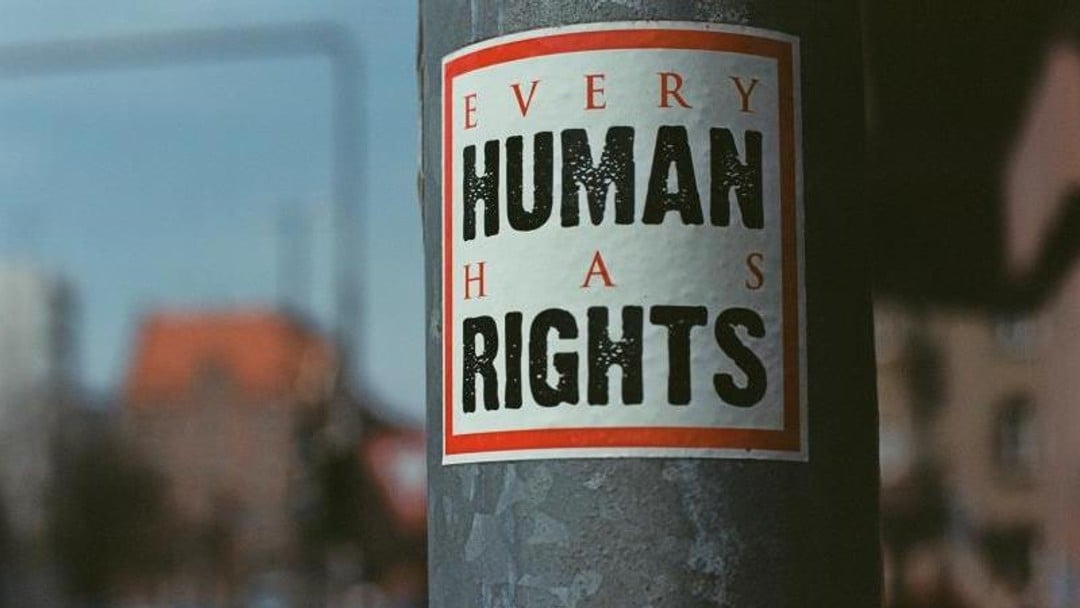Joint Committee publishes report on the need for a new human rights ombudsperson

The inquiry finds that creating a new ombudsperson would likely create jurisdictional overlap
The Joint Committee on Human Rights published its report on the need for a new human rights ombudsperson to be established in the UK on 28 March, which finds that a greater focus on human rights is needed by the existing ombudsperson system, but that a new dedicated human rights ombudsperson is not necessary.
The Committee’s inquiry concludes that the establishment of a new dedicated human rights ombudsperson could risk creating jurisdictional overlap with existing bodies, such as the work of the Parliamentary and Health Service Ombudsman and the Local Government and Social Care Ombudsman, which already deal with human rights issues. Despite the Committee’s conclusion, the report calls for the enhancement of the current human rights framework within the existing ombudsperson system, to ensure that human rights standards and principles are embedded and referenced in the relevant decisions.
The Committee recommends that the government consider changing the legislation setting out the role and remit of the ombudspersons that deal with human rights, in order to provide a clearer mandate on examining human rights issues, including streamlining the complaints process to enable individuals to bring complaints directly to the ombudsperson. In addition to this, the report suggests that relevant ombudspersons should be given the power to launch investigations on their own initiative.
More broadly, the report also calls on the government to consider proposals from 2016 to create a single public service ombudsman for England, with the aim of simplifying the ombudsperson system for individuals.
Commenting on the report, Chair of the Joint Committee on Human Rights, Joanna Cherry KC MP, said: “Human rights are universal, and while the courts play the central role in enforcing these rights it is important that we look at the broader context in which human rights are protected. A key facet of this are those ombuds who are there to examine complaints made against public bodies. While we believe that a dedicated human rights ombud is not needed, that is not to say human rights protections in the existing ombuds framework do not need to be enhanced. There should be a renewed effort to make sure that human rights considerations are a central part of their inquiries and decision making. It must also be simple and straightforward to raise a complaint. Raising awareness will be key here but the Government will also need to examine if there are unnecessary blocks that prevent people from doing so in the current system.”

